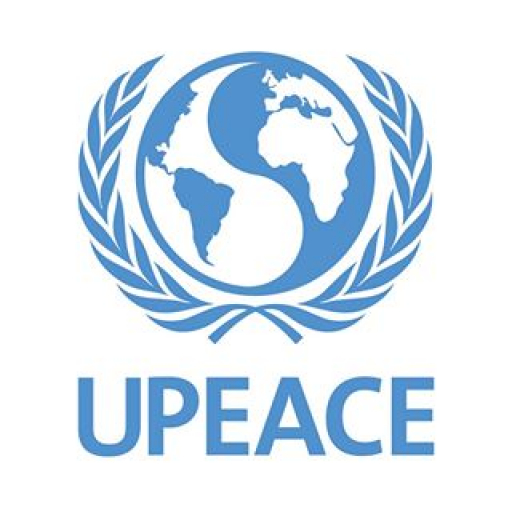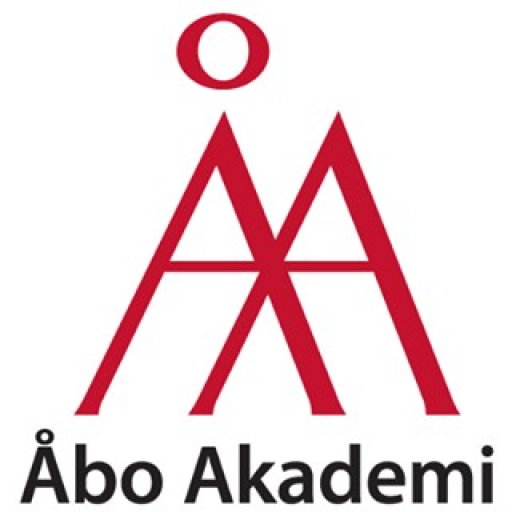Photos of university / #uni_bremen
The Master of Laws (LL.M.) in Transnational Law at Hanse Law School, University of Bremen, offers an innovative and comprehensive curriculum designed for legal professionals, students, and practitioners seeking to deepen their understanding of the complexities of law across national boundaries. This program emphasizes the interconnected nature of modern legal systems and aims to equip students with the skills necessary to navigate and influence transnational legal environments effectively. The coursework covers a broad spectrum of topics, including international commercial law, human rights law, environmental law, and public international law, providing a multidisciplinary perspective essential for tackling legal challenges in a globalized world.
The program is structured to foster critical thinking, legal analysis, and practical skills through a combination of lectures, seminars, case studies, and internships. Students will engage with prominent legal scholars and practitioners, gaining insights into current legal issues and emerging trends in transnational law. The interdisciplinary approach enables learners to understand the legal, economic, and social dimensions of international issues, preparing them for careers in international organizations, law firms, governmental agencies, NGOs, and multinational corporations.
Additionally, the program emphasizes research and academic writing abilities, encouraging students to undertake independent research projects that contribute to the evolving field of transnational law. The university’s location in Bremen offers unique opportunities for networking and collaboration with international legal entities and institutions. Internationally oriented, the LL.M. in Transnational Law is suitable for graduates from diverse legal backgrounds who wish to enhance their expertise and impact in the realm of international law. Upon successful completion, graduates will possess a robust understanding of transnational legal processes and the ability to operate effectively within different legal systems, making them highly competitive in the global legal market.
Educational organisation
The Master's programme consists of obligatory modules, compulsory elective modules and the Master's graduation module (seminar on writing a Master's thesis, Master's thesis and oral presentation of the Master's thesis). The exact form of the programme differs according to the selected study track.Study track A
Study track A offers the possibility to spend the first semester at a foreign university. The programme therefore starts in another country and has to be planned accordingly.
During the second semester, the remaining number of compulsory elective modules has to be studied. The exact number of modules depends on the choice made during the first semester. In total, four compulsory elective modules have to be studied during the course of the programme. The second semester also includes the Master's graduation module (seminar on writing a Master's thesis, Master's thesis, and oral presentation of the Master's thesis). The oral presentation of the Master's thesis has to take place mid-September at the latest, which means the Master's thesis has to be handed in by the end of July, as the supervisors will need approx. six weeks to grade the thesis, unless a shorter period has expressly been fixed. In any case, the subject and supervisors for the Master's thesis should be chosen in February and March at the latest, so that writing of the thesis can commence in April.
Study track B
Study track B does not include a study abroad and has a stronger focus on the phenomena of transnationalisation of law.
During the first semester, two obligatory modules, "Methodology of Transnational Law" and "Transnational Law I", have to be studied in Bremen, with a third obligatory module "Transnational Law II" taking place in Oldenburg. Additionally, at least two compulsory elective modules have to be chosen out of the courses offered in Bremen and Oldenburg. We advise students to take at least one more, i.e. in total three, compulsory elective modules during the first semester in order to focus on the Master's thesis during the next semester.
During the second semester, the remaining number of compulsory elective modules has to be studied. The exact number of modules depends on the choice made during the first semester. In total, four compulsory elective modules have to be studied during the course of the programme. The second semester also includes the Master's graduation module (seminar on writing a Master's thesis, Master's thesis, and oral presentation of the Master's thesis). The oral presentation of the Master's thesis has to take place mid-September at the latest, which means the Master's thesis has to be handed in by the end of July, as the supervisors will need approx. six weeks to grade the thesis, unless a shorter period has been expressly fixed. In any case, the subject and supervisors for the Master's thesis should be chosen in February and March at the latest, so that the writing of the thesis can commence in April.
Study abroad unit(s)
Participants who follow study track A will spend the first semester of the programme at a foreign university.Internships
Due to the compact nature of the programme (two semesters), an internship is not included in either study track. However, there is the possibility to take additional compulsory elective courses during the first semester, so that the second semester only comprises the Master's graduation module (seminar on writing a Master's thesis, Master's thesis, and oral presentation of the Master's thesis). In this situation, it may be possible to find a company or organisation which allows one to combine an internship with writing a Master's thesis. Interested students should begin the search for such an internship early. This option is a valuable qualification but requires a lot of effort and organisation on behalf of the student.Forms of assessment
Written and oral exams, papers, Master's thesisThe Master's thesis constitutes 40% of the final grade.
Course objectives
At the end of the Master's programme, students receives the degree Master of Laws (LLM) "Transnational Law" (Hanse Law School) that is awarded jointly by the University of Bremen and the Carl von Ossietzky University of Oldenburg. This accredited Master's degree forms a valuable addition to the undergraduate degree previously obtained. Students who complete our Master's programme work, among other opportunities, as legal counsel or consultants in companies, organisations or administrations. Other job opportunities include scientific services with or without the possibility of receiving a PhD at academia, administrations or companies.The Master's degree enables students to commence a doctorate programme. Interested students should note that only the best graduates are offered this chance and that close ties to the future doctoral adviser will have to be established during the Master's programme.
Language requirements
- Proof of proficiency in German by presenting a certificate of at least level B2 of the Common European Framework of Reference for Languages (CEFR), e.g. TestDaF TDN 3 or DSH 1
- proof of proficiency in English by presenting a certificate of at least level B2 of the Common European Framework of Reference for Languages (CEFR), e.g. IELTS or TOEFL
Required DSH / TestDaF
YesAcademic requirements
a) Undergraduate degree in law (or equivalent) of at least 240 ECTS CP (four years)b) proof of English language proficiency (CEFR level B2), e.g. through IELTS or TOEFL
c) proof of German language proficiency (CEFR level B2), e.g. through TestDaF TDN 3 or DSH 1
d) letter of motivation (max. 2,000 words)
Enrolment fees
The University of Bremen charges a semester fee of about 280 EUR per semester (including a ticket for public transport, e.g. between Bremen and Oldenburg). No additional fees are charged by the University of Oldenburg.Costs of living
About 700 EUR per month for Bremen or Oldenburg. For detailed information visit http://www.uni-bremen.de/en/international/your-stay-in-bremen.html.Job opportunities
In Bremen, there are opportunities to find jobs in several fields via newspapers, etc.Services and support for international students
Supervision and mentoring by course coordinators and by specially trained staff within the "kompass" programme* for international students*DAAD "Best Practice"










